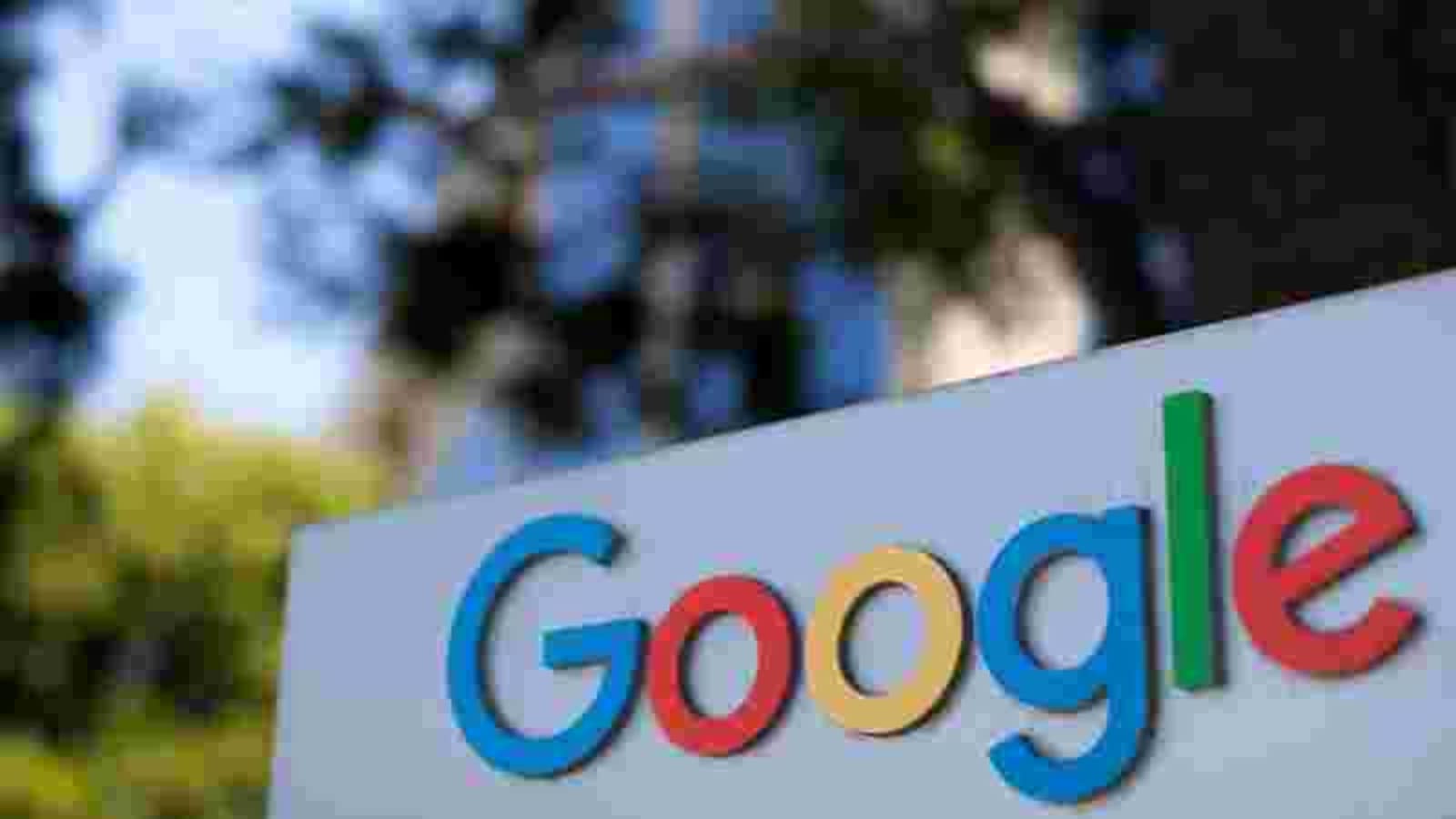Google gets mixed reception in high court clash with Oracle
Holding a low-tech telephone session in one of the biggest software fights in American history, the justices on Wednesday questioned Google’s contention that it had no way to replicate the code without forcing millions of software developers to learn a new programming language.

Alphabet Inc.'s Google got a mixed reception at the U.S. Supreme Court as it sought to overturn a ruling that could force the company to pay billions of dollars for improperly using Oracle Corp.'s copyrighted code in the Android operating system.
Holding a low-tech telephone session in one of the biggest software fights in American history, the justices on Wednesday questioned Google's contention that it had no way to replicate the code without forcing millions of software developers to learn a new programming language.
Justice Neil Gorsuch told Google's lawyer that Apple Inc. and other companies have “come up with phones that work just fine without engaging in this kind of copying.”
But Gorsuch also raised the possibility of returning the case to a federal appeals court for another look at Google's contention that it engaged in legitimate “fair use” of Oracle's Java programming language.
Also read: Google optimises Assistant for more people with disabilities
Oracle says it's entitled to at least $8.8 billion in damages. A jury found that Google's code copying was a legitimate fair use, but a federal appeals court reversed that finding.
The court's ruling, due by July, promises to reshape the legal protections for software, particularly the interfaces that let programs and devices communicate with one another. The case could change how programmers develop new applications and operating systems for devices critical to everyday living, including mobile phones and computers.
Safe-Cracking
The argument was scheduled for an hour but went on more than 90 minutes as the justices peppered the lawyers with analogies to restaurant menus, football teams and typewriters. In a skeptical line of questioning, Chief Justice John Roberts likened Google's actions to those of a safe-cracker.
“Cracking the safe may be the only way to get the money that you want, but that doesn't mean that you can do it,” Roberts told Google's lawyer, Thomas Goldstein. “If it's the only way, the way for you to get it is to get a license.”
Justice Sonia Sotomayor suggested she was was more sympathetic to Google. She asked Oracle's lawyer, Joshua Rosenkranz, why the court “should now upend what the industry has viewed as the copyrightable elements” of computer code.
Tech companies such as Mozilla Corp., Microsoft Corp., and International Business Machines Corp. supported Google in the case, arguing that software developers need the freedom to create new platforms and programs that can communicate with existing technology and devices without the fear of facing copyright liability.
Media and entertainment businesses backed Oracle because their industries rely on strong copyright standards. The Motion Picture Association, which represents the Walt Disney Studios, Sony Pictures Entertainment and Netflix Inc., and the News Media Alliance, which represents news outlets such as The New York Times and News Corp., were among the trade organizations that filed briefs in the case.
The Trump administration also is backing Oracle.
The case centers on pre-written directions known as application program interfaces, or APIs, which provide instructions for such functions as connecting to the internet or accessing certain types of files. By using those shortcuts, programmers don't have to write code from scratch for every function in their software, or change it for every type of device.
Oracle says the Java APIs are freely available to those who want to build applications that run on computers and mobile devices. But the company says it requires a license to use the shortcuts for a competing platform or to embed them in an electronic device.
Existential Threat
Oracle says Google was facing an existential threat because its search engine -- the source of its advertising revenue -- wasn't being used on smartphones. Google bought the Android mobile operating system in 2005 and copied Java code to attract developers but refused to take a license, Oracle contends.
Google contends the appeals court ruling would make it harder to use interfaces to develop new applications.
Google argues that software interfaces are categorically ineligible for copyright protection. The company also contends that the appeals court restricted the “fair use” defense so much as to make it impossible for a developer to reuse an interface in a new application.
Android generated $42 billion for Google between 2007 and 2016, according to Oracle court filings.
The Supreme Court had planned to hear arguments in March but scrapped that session when the Covid-19 pandemic hit.
The case is Google v. Oracle America, 18-956.
Written by Greg Stohr, Naomi Nix and Susan Decker.
Catch all the Latest Tech News, Mobile News, Laptop News, Gaming news, Wearables News , How To News, also keep up with us on Whatsapp channel,Twitter, Facebook, Google News, and Instagram. For our latest videos, subscribe to our YouTube channel.































